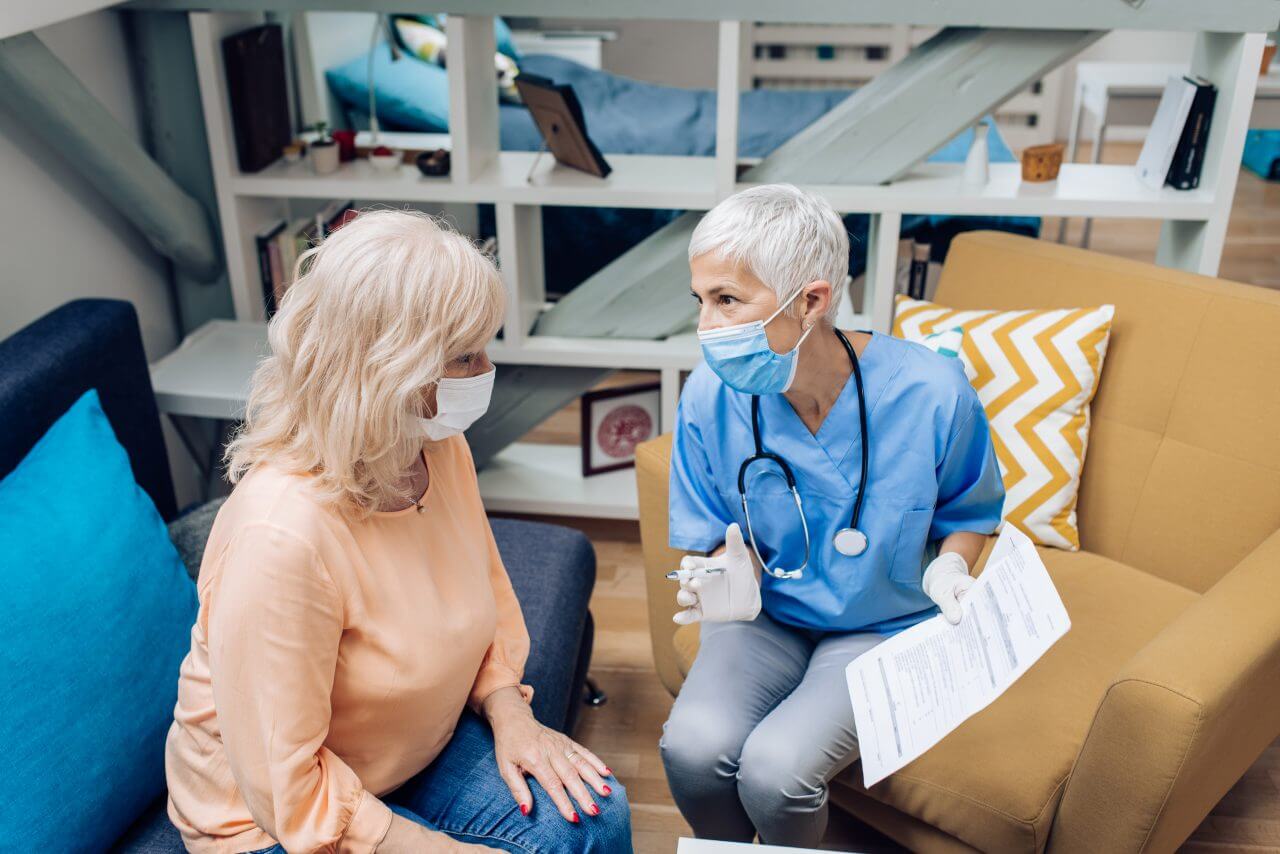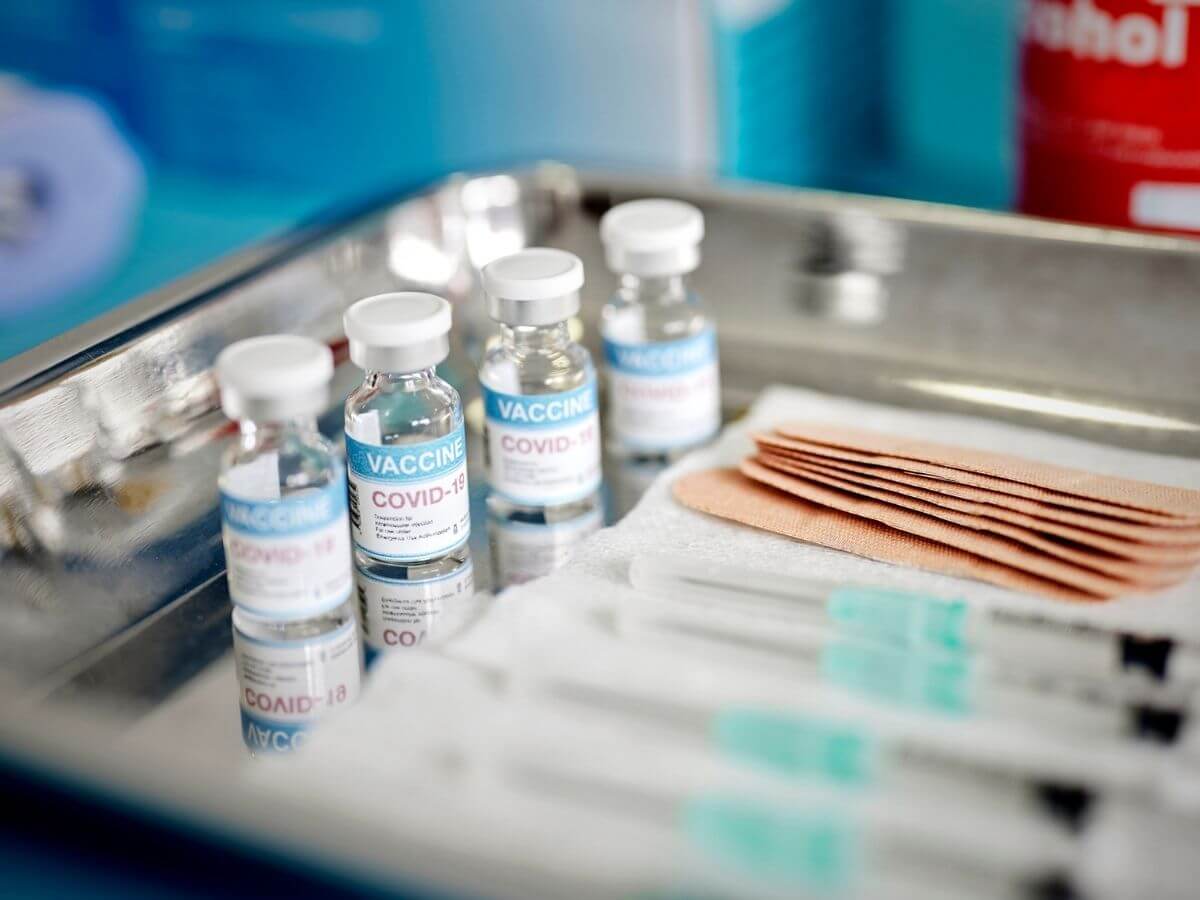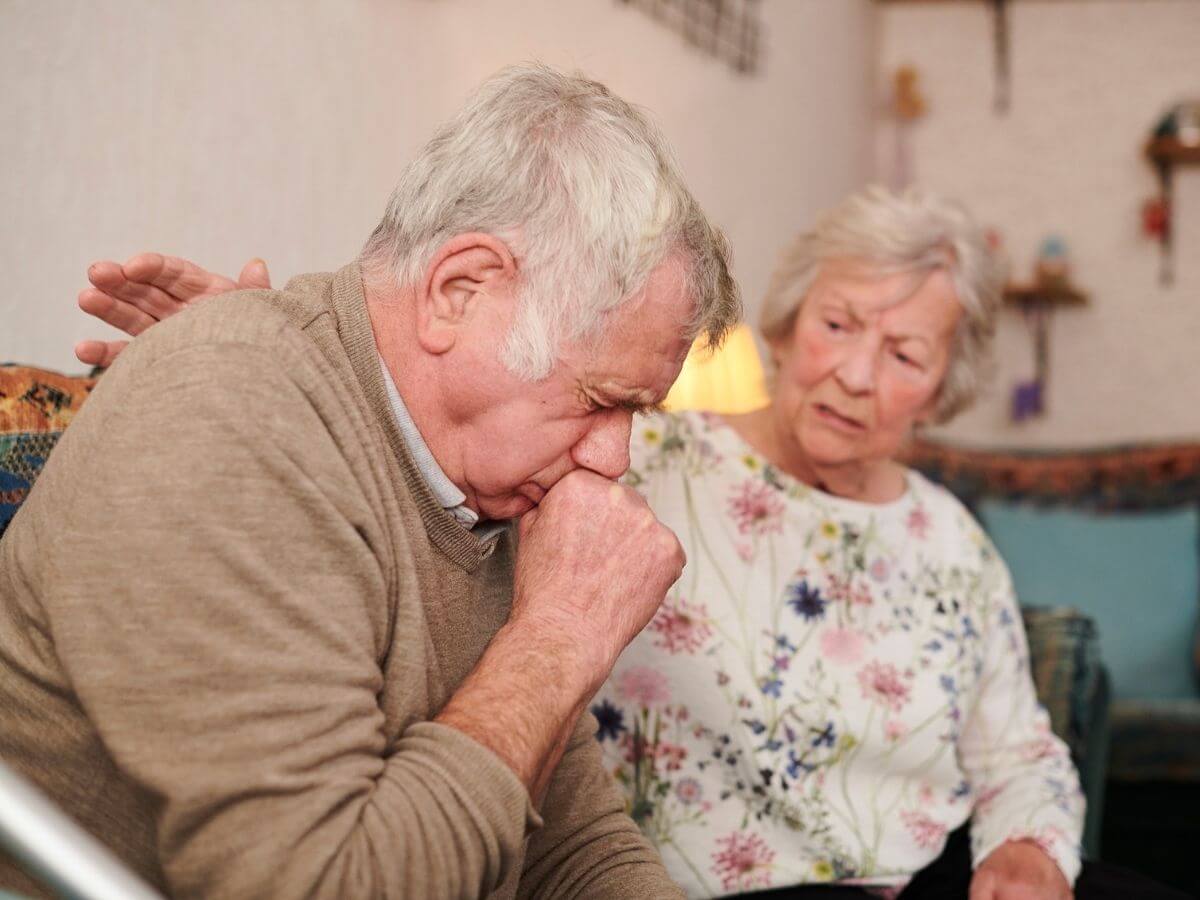4 Things People with Allergies Need to Know About the COVID-19 Vaccines

The COVID-19 vaccines now available have been tested and proven to be safe and effective. However, as with any vaccine, there’s a risk of an allergic reaction.
In rare instances, allergic reactions can be severe. One reaction is what’s called anaphylaxis, which usually occurs within 30 minutes of receiving the vaccine.
Healthcare providers can quickly treat anaphylaxis, but you should talk with your doctor about any concerns you have about being vaccinated, especially if you have a history of allergic reactions to vaccines.
Important Considerations About COVID-19 Vaccines
Getting a COVID-19 vaccine protects you from this potentially life-threatening illness. So, everyone should consider being vaccinated. But if you’ve had allergic reactions to vaccines in the past, keep these things in mind:
1. Minor side effects from vaccinations are common?
Getting vaccinated prompts your immune system to respond, and that can result in soreness at the injection site, low-grade fever, joint and muscle pain, fatigue and headache. These side effects tend to be mild and temporary, and if that’s the case for you, they’re no cause for concern.
2. Severe allergic reactions to COVID-19 are rare, but you should talk with your healthcare provider about your vaccination history.
Even if you’ve had a serious allergic reaction to vaccines in the past, you’ll likely be able to get vaccinated. Your doctor can talk with you about the ingredients in vaccinations you’ve reacted to previously and whether those ingredients are in the COVID-19 vaccine. In addition, allergy-related data continues to flow in from healthcare professionals who are administering vaccines, so our understanding of the infrequent issues that occur continues to grow.
Never miss an update! Subscribe to our email newsletter to get the health and wellness news that matters most delivered straight to your inbox.
3. Everyone who gets a COVID-19 vaccine is closely monitored after the injection.
Typically, 15 minutes of observation is all that’s needed. If you have a history of allergic reactions but have been told you should get vaccinated, your vaccination provider will monitor you for 30 minutes.
In the rare instance that someone has a severe reaction, the people administering the vaccine have been trained in how to respond and have the necessary medication available to treat the reaction. The Centers for Disease Control and Prevention (CDC) does advise that people who’ve had a severe reaction to the first of two doses of a vaccine shouldn’t get the second dose.
4. The risk of serious health consequences is higher for those who contract COVID-19 than those who get vaccinated.
The number of people who become ill or die from COVID-19 continues to climb rapidly. And while most people who contract the virus will survive, there’s growing evidence that some people develop what’s often referred to as “long COVID,” meaning that they continue to experience significant symptoms for an extended period after the virus has “run its course.”
So, while it’s important to weigh the benefits and risks of being vaccinated, for the vast majority of people, getting the vaccine is the right decision.
Important Protection for You and Others
If you and your doctor review your health history and agree that you should receive a COVID-19 vaccine, getting the shot as soon as it’s available to you is important. Not only does being vaccinated protect you, but it also helps protect your family, friends, coworkers and community. By working together, we’ll bring this pandemic to an end, and the sooner, the better.
More Questions About COVID-19 and the Vaccine?
If you’d like to learn more about COVID-19 and the vaccines that have been approved by the FDA, visit the Baptist Health COVID-19 Resources page. More information about available vaccines can also be found at the CDC.
Next Steps and Useful Resources:
How Will the COVID-19 Vaccine Protect Me From the Virus?
When Can I Get the COVID-19 Vaccine?
Find a COVID-19 Testing Site
[PODCAST] COVID-19: Where Are We Now?



